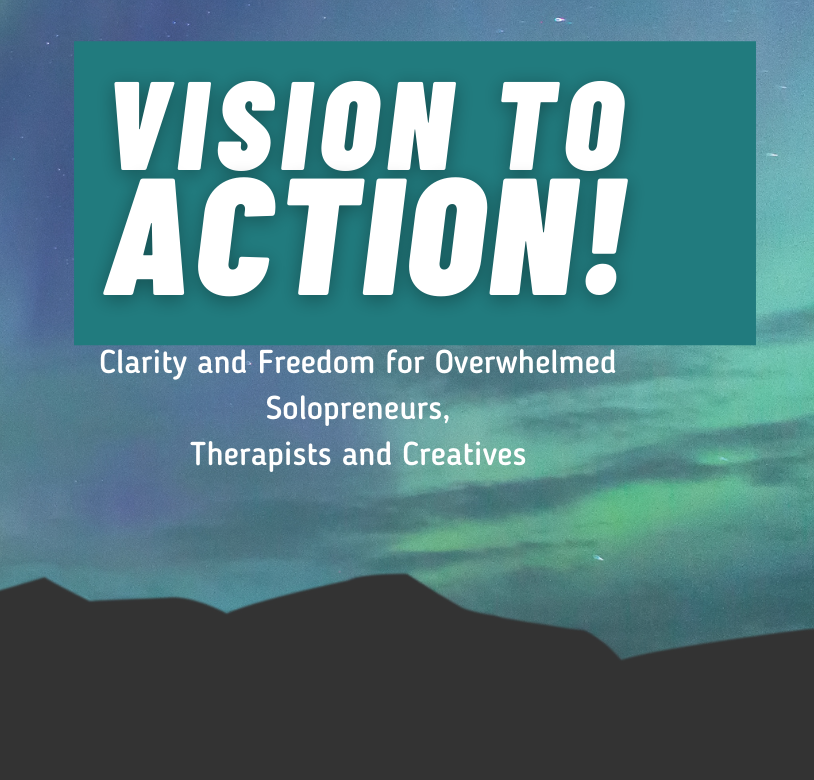The business life of a solopreneur can be relatively lonely at times. As a part-time musician, I sometimes think of it as an one-woman or one-man band where you play all the instruments (some better than others), even though you might hire session musicians for specific parts of the song, or might collaborate with other artists with common goals and themes.
On top of this generally solitary business existence, we also live in one of the most exceptional periods we will ever experience in our lives. And one year into the pandemic, we are now also dealing with a second “silent” epidemic brought about by social isolation.
While most of us are on a continuum between introversion and extraversion, we have one thing in common when it comes to social contact: most of us like to be in control of when and how frequently we meet others. This has been problematic over the previous months due to government imposed social distancing in order to protect us from the effects of the coronavirus.
Two recent studies published in Nature Neuroscience and Nature Communications have added new insights into the importance of these social interactions. It appears, according to the studies, that people who are forced to be socially isolated crave social interactions the way a hungry person craves food.
An article by Kristen Willeumier in Psychology Today, outlines eight strategies which might help coping with loneliness as well as with strengthening social engagement. I thought it’s an interesting and thought provoking list, so I am listing them here for your consideration:
- Start each day with a 5-minute gratitude practice. It can build resilience and coping skills through promoting positive thinking. Research shows it helps to alleviate anxiety, depression, and stress and improves social bonds.
- Livestream fitness classes. Whether it’s cardio, Pilates, yoga, boxing, dance, weightlifting, or barre, exercise has tremendous benefits on physical and psychological health by reducing stress and uplifting mood.
- Mindfulness-based meditation practice. Mindfulness based-smart phone interventions have been demonstrated to reduce loneliness and increase social contact and engagement.
- Read or listen to audiobooks. Reading helps to enhance empathy and the ability to understand others. Online book clubs can help foster a sense of community and bonding with those of like interests.
- Spend time in nature or bring it indoors to you (e.g. get flowers, plants in the house). Nature has been shown to buffer the effect of low social connectedness.
- Connect through Zoom dates (make zoom appointments with friends and relatives or partake in activities with common-minded people such as cooking, art, music classes etc)
- Partake in computer-based language training. Learning a new language can connect you with other cultures, promote mental agility and thinking skills and improve social behaviour
- Cognitive behavior therapy (CBT) can be an effective way to address mood and anxiety disorders
Have you tried any of these strategies in the previous months of social distancing? Did you find them useful? Comment below to let me know your findings and suggestions.

